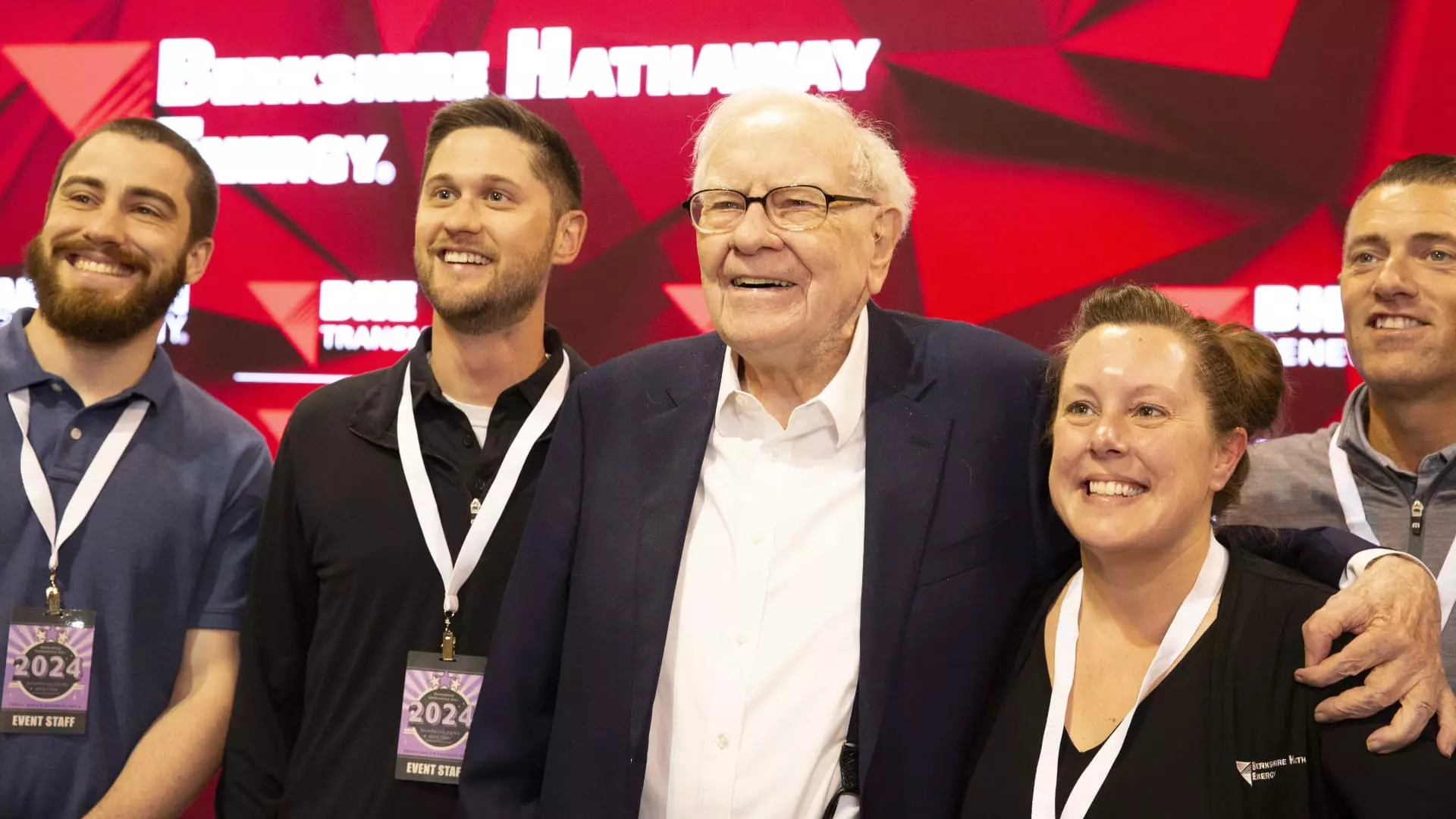Berkshire Hathaway’s impressive cash reserve is expected to surpass a staggering $200 billion soon, a sum larger than the annual GDP of Hungary. This increase in cash reserve comes as a result of Warren Buffet’s unusual move of selling off some of his preferred stocks. Among the stocks that Buffet has been parting ways with include Apple, Bank of America, and BYD. The selling of these stocks has left many speculating that perhaps Buffet is apprehensive about the current state of the market, fearing it may be overheated. Chief Investment Officer at Glenview Trust Company, Bill Stone, notes that Buffet seems to be aiming to decrease portfolio risk by divesting in some top-performing investments, particularly those that are economically sensitive like banks.
Buffet’s decision to trim back on his holdings is more controversial, considering Berkshire Hathaway has been consistently selling off stocks for the past six consecutive quarters. Despite earning substantial returns from the rising Treasury yields over the last two years, the mounting cash reserve has raised questions. With interest rates projected to decrease from their recent highs, the returns on such significant cash could stagnate, adding more pressure on Buffet. Buffet himself, in his annual meeting in May, acknowledged the challenge, admitting that high prices in the market have made it difficult to find attractive investment opportunities.
Business Units Under Scrutiny
Investors are not only closely watching Berkshire Hathaway’s cash reserves but also its business units’ performance. BNSF Railway and Berkshire Hathaway Energy, in particular, are under scrutiny for their recent struggles. BNSF is facing constraints from rising wages and diminishing revenues, while Berkshire Hathaway Energy is grappling with the financial impact of wildfires. These challenges on the non-insurance side could possibly affect the overall financial results of the company, raising concerns among investors. This could potentially affect the market’s perception of Berkshire Hathaway’s business operations in the coming quarter.
Despite the recent stock sales and concerns about the cash pile, Berkshire Hathaway’s shares have performed remarkably well this year. The company’s market capitalization has soared to nearly $956 billion, putting it on the brink of becoming one of the few U.S. stocks valued at over $1 trillion. This surge in market value has been driven by strong returns, outperforming the S&P 500’s performance. While the insurance business has recorded a significant increase in earnings, it remains to be seen how the overall market will respond to Berkshire Hathaway’s performance, given the current challenges facing some of its key business units.
The significant cash reserve of Berkshire Hathaway, coupled with Warren Buffet’s recent stock sales, raises questions about the company’s future investment strategy. With uncertainties in the market and challenges facing its business units, Berkshire Hathaway will need to navigate carefully to maintain its strong performance and market valuation. Investors and analysts will be looking closely at the company’s next steps and how it plans to utilize its massive cash reserves moving forward.

